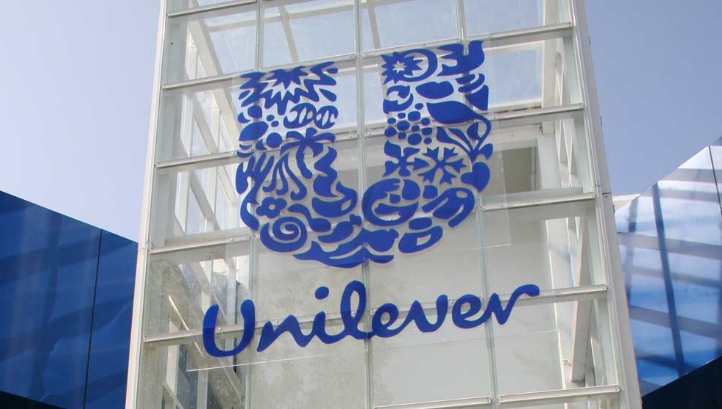Unilever has posted another strong set of annual results for its ‘Sustainable Living’ brands portfolio, which accounted for a record three-quarters of the company’s turnover growth last year.

Unilever’s update on the Sustainable Living brands portfolio is its first since Paul Polman stepped down as chief executive
The consumer goods giant’s Sustainable Living division, which aims to integrate sustainability into the group’s products and values, now covers 28 brands after Close Up, Wheel, Calve and Bango were added to the portfolio in 2018.
According to Unilever’s latest update on this collection of brands, they grew 69% faster last year than the rest of the business. Seven of the consumer goods giant’s largest brands – Dove, Knorr, Persil, Sure, Lipton, Hellman’s and Wall’s Ice Cream – notably fall within the Sustainable Living brands division.
Responding to the latest figures posted by Unilever’s Sustainable Living brands division, chief executive Alan Jope said they are “clear and compelling evidence that brands with purpose grow”.
“Purpose creates relevance for a brand, it drives talkability, builds penetration and reduces price elasticity,” Jope said.
“The fantastic work done by brands such as Dove, Vaseline, Seventh Generation, Ben & Jerry’s and Brooke Bond shows the huge impact that brands can have in addressing an environmental or social issue. But talking is not enough. It is critical that brands take action and demonstrate their commitment to making a difference.”
Purpose and ambition
Unilever claims that while all of its brands are “on a journey towards sustainability”, Sustainable Living brands are “those that are furthest ahead” in that they “communicate a strong environmental or social purpose”. Dove, for example, is running an ongoing campaign to help deliver self-esteem education to young people, while Vaseline has provided skin healing programmes to three million people affected by poverty and natural disasters.
Several of the Sustainable Living Brands have notably achieved B-Corp certification, including Ben & Jerry’s, which has vocally campaigned on issues such as the Paris Agreement, onshore wind in the UK and aid for refugees.
Unilever is currently working towards its sweeping set of Sustainable Living Plan (USLP) goals. These bear a headline ambition of decoupling the business’s growth from its environmental impact – to the point that its overall environmental footprint is halved – while increasing the company’s positive social impact.
When the USLP framework expires next year, the company will unveil a new set of targets, created after an engagement exercise with more than 40,000 of its employees. The aim of the exercise was to create a collaborative framework which prioritised the action areas which staff either consider personally important or where they believe the company could have the most impact.
However, Jope confirmed this week that one of the key targets of the new strategy will be for all Unilever brands to become purpose-led, after the company’s own consumer research found that two-thirds of shoppers are now choosing brands due to the stands they take on key social issues. This trend was found to be particularly pronounced among the millennial generation, with 90% saying they would switch consumer goods brands in order to champion a cause through their purchase.
Indeed, several other pieces of research have also concluded that millennials – who will account for 75% of the UK’s working population by 2030 – want to buy from companies that have a purpose beyond their products and operations.
Communications agency FleishmanHillard Fishburn (FHF), for example, found that 93% of the millennial generation want to buy from companies that have purpose, sustainability and environmental stewardship built into their ethos. The findings echo those of Deloitte, which revealed in 2016 that 56% of millennials will exclude companies that are not operating sustainably from their shopping lists, while 49% will refuse to work for companies that go against their personal ethics.
Sarah George
